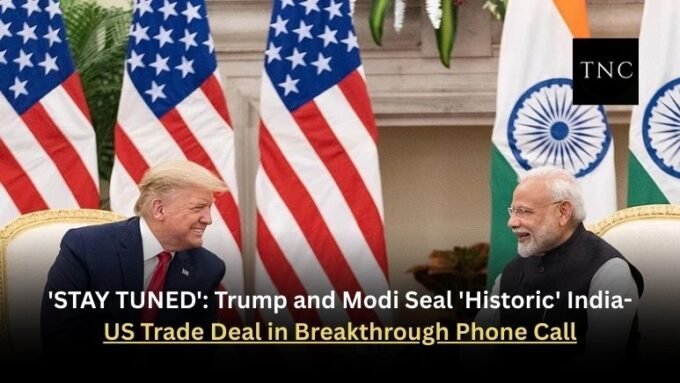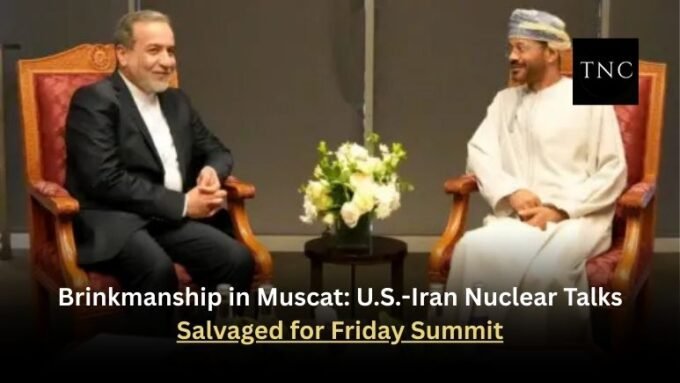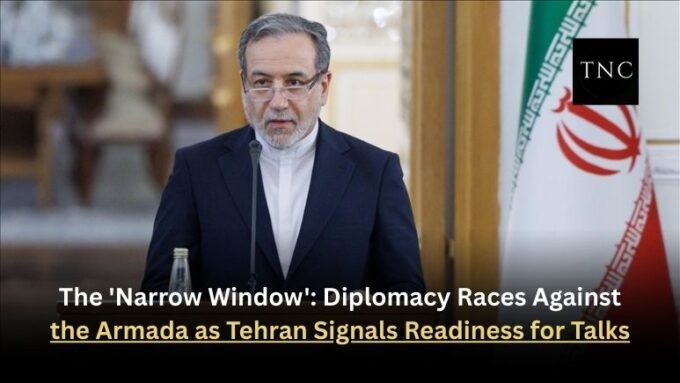India Denies Reducing Imports of Russian Oil at U.S. Requests: A Closer Look.
In recent weeks, rumors and media reports suggested that the United States, under the Trump administration, had pressured India to reduce its imports of Russian oil. These reports sparked significant debates both within India and globally, with India firmly denying any such coercion or reduction in oil imports at U.S. behest. This development highlights an intricate web of geopolitics, economic policies, and international diplomacy, especially amid ongoing global tensions.
Background: India-Russia Oil Relations and Global Energy Dynamics
India has historically maintained a strategic relationship with Russia, especially in defense and energy sectors. Over the past decade, Russia has been a major supplier of crude oil to India, helping meet its burgeoning energy needs, which are critical for sustaining economic growth. Despite Western sanctions imposed on Moscow following the Ukraine conflict, India continued to purchase discounted Russian crude, asserting its sovereign right to diversify energy sources and stabilize domestic markets.
Meanwhile, the U.S. has been exerting pressure on various nations to cut back on Russian energy imports as part of its broader sanctions strategy aimed at curbing Russia’s economic and military capabilities. There have been concerns that this effort could extend to India, which remains one of the largest importers of Russian oil, especially as global energy prices fluctuate.
India’s Denial and Diplomatic Position
In response to the growing speculation, Indian officials categorically denied any diplomatic or economic coercion. They emphasized that India’s energy policies are driven by economic necessity, strategic partnership, and national interest, rather than external pressures. In a statement, India’s Ministry of External Affairs clarified that India’s oil import decisions are based on market conditions, domestic energy security, and cost-effectiveness.
This stance aligns with India’s long-standing policy of strategic autonomy, which prioritizes choosing its partners and trade sources based on national interest rather than external pressure. The Indian government also pointed out that it continues to engage in dialogue with all relevant stakeholders, including the U.S. and Russia, to secure affordable and reliable energy supplies.
Geopolitical Context and the Global Energy Market
The situation underscores the complex geopolitics of global energy markets. Russia’s role as a major oil producer means that any reduction in its exports or disruptions in its supply chain can impact global prices and supply stability. For importing nations like India, balancing diplomatic relations with Western allies and maintaining energy independence is a delicate act.
The U.S., on its part, has been advocating for a cap on Russian oil exports and has encouraged other nations to diversify away from Moscow’s energy supplies. While this aligns with U.S. strategic interests, India’s refusal to follow suit illustrates its pursuit of a balanced, independent foreign policy. As India’s energy demand continues to grow rapidly—with projections estimating it will overtake China as the world’s most populous country—its energy choices remain vital on the global stage.
The Role of International Agreements and Trade Relations
The controversy also touches upon international trade agreements and the role of the World Trade Organization (WTO). India has repeatedly emphasized its commitment to free and fair trade, asserting that decisions on energy imports are part of sovereign trade policies not dictated by external powers. The government has defended its rights to engage in energy procurement from any country, including Russia, without external coercion.
This stance underscores India’s broader approach to balancing strategic partnerships with global trade systems. While some Western nations have called for tightening sanctions and pressuring India to align more closely with their policies, India remains steadfast in its policies, asserting sovereignty in its energy security.
Future Outlook: Navigating Energy and Diplomacy
Looking ahead, India is expected to continue diversifying its energy sources—renewables, imports from the Middle East, and possibly new suppliers in the Africa and Asia-Pacific regions. The government’s focus remains on reducing dependency on any single source, especially amid geopolitical uncertainties.
Meanwhile, the U.S. and other Western nations are likely to continue diplomatic efforts to bring countries like India in line with their sanctions regime, but India’s firm denial indicates that its approach will not be dictated externally. Energy security, economic growth, and strategic autonomy remain the core tenets guiding India’s policies.
Conclusion
India’s denial of reducing Russian oil imports under U.S. pressure underscores its commitment to sovereign decision-making and strategic independence. As global energy markets become increasingly intertwined with geopolitics, India’s stance signals a broader trend of balancing relations with multiple superpowers without succumbing to external pressures.
In an era where energy security is intertwined with national sovereignty and geopolitical strategy, India’s approach reflects its desire to chart an independent course—navigating complex international relations with pragmatism and resilience.















Leave a comment